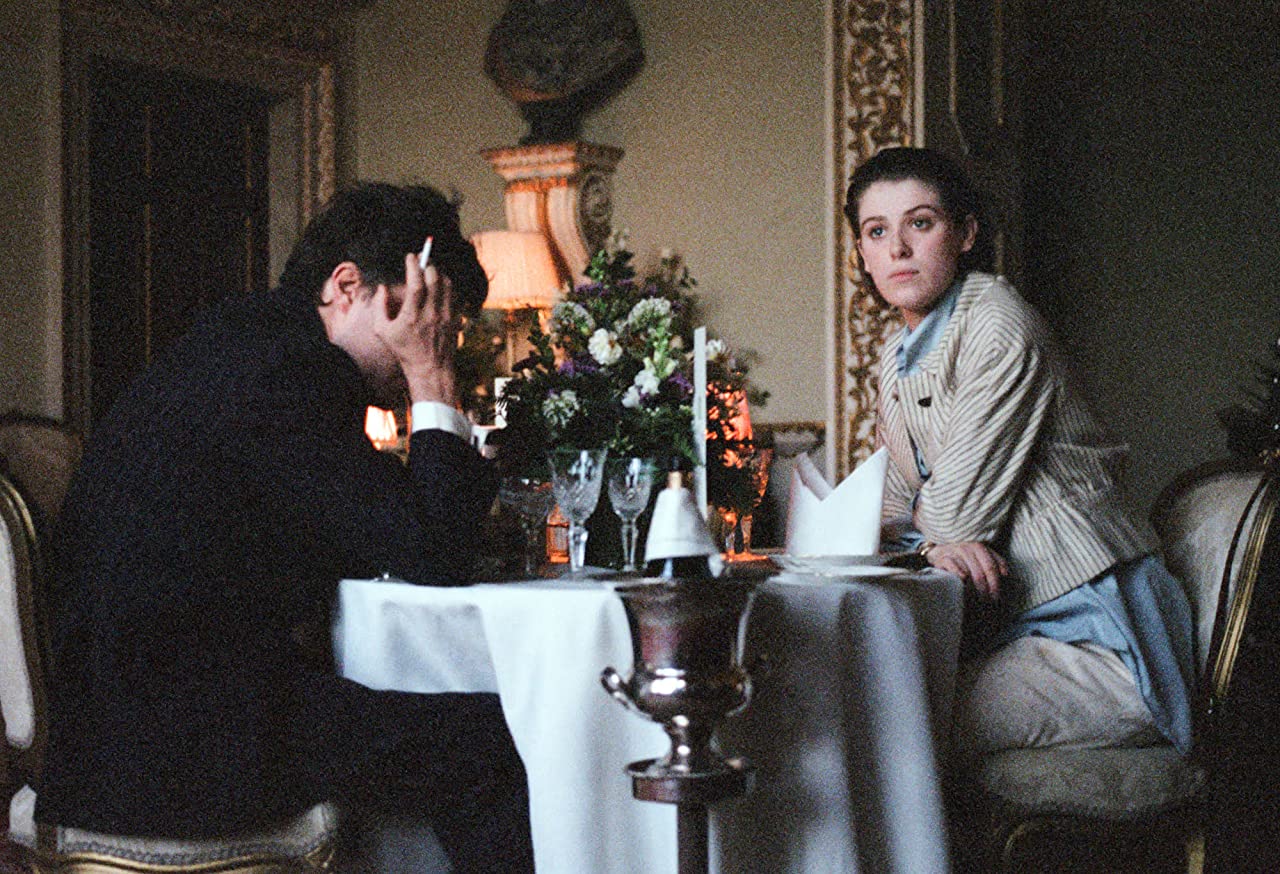Cinema

- The Souvenir
- Directed by Joanna Hogg
- With Honor Swinton Byrne, Tom Burke and Tilda Swinton
- UK,
- 119 minutes
In her fourth feature, Joanna Hogg has dramatised her own experiences of the time she spent at film school. It tells the story of a young student finding her artistic voice as a controlling relationship threatens to destroy it.
The film opens with a series of still shots of a recession-ravaged Sunderland. We are in the early 1980s and Julie (Honor Swinton Byrne) is speaking on local radio about a film she is working on examining the effects of recession on a family living in the area.
But this is a world away from her everyday life as we see during the rest of the film, set between film school, her parents’ country residence in Norfolk and their Knightsbridge flat in which Julie lives and hosts parties for friends and fellow students. Likeable and popular, her naivety and vulnerability become clear as she begins a relationship with a man she meets at one of her parties.
This is Anthony (Tom Burke). At first he seems supportive to Julie in her work and her life but the line between what he says and reality become increasingly hard to untangle. His character becomes gradually more toxic as the truth about him starts to emerge.
With great performances from its cast the film is beautifully shot and edited. Favouring largely long stationary shots the film also uses occasional short abstract filmic insertions—reminiscent of the early Super 8 work of Derek Jarman—between scenes. Jarman was a decisive influence on Hogg’s turn to film-making and these seem to be a nod to that while also working as distancing devices: a reminder that it is a film we are watching. The editing follows an episodic structure that often drops us into partial conversations: Hogg feels no need to explain everything but allows us to join the dots.
It is a film about coming of age and about finding your voice in the creative process. But for all the technical brilliance of the film it left me a little cold. The social background of the central character is a constant reference point: when questioned on her plans to make a film about a subject so alien to her life experience she replies that she doesn’t want to stay in her privileged bubble for ever. The extent to which she remains or escapes that bubble might be key to our ability to empathise with her and I struggled to do so.
Likewise the charge of self indulgence could be levelled at any project by an artist examining the artistic process and the viewer will need to make up their own mind as to whether this film avoids that. For me it did. Just.